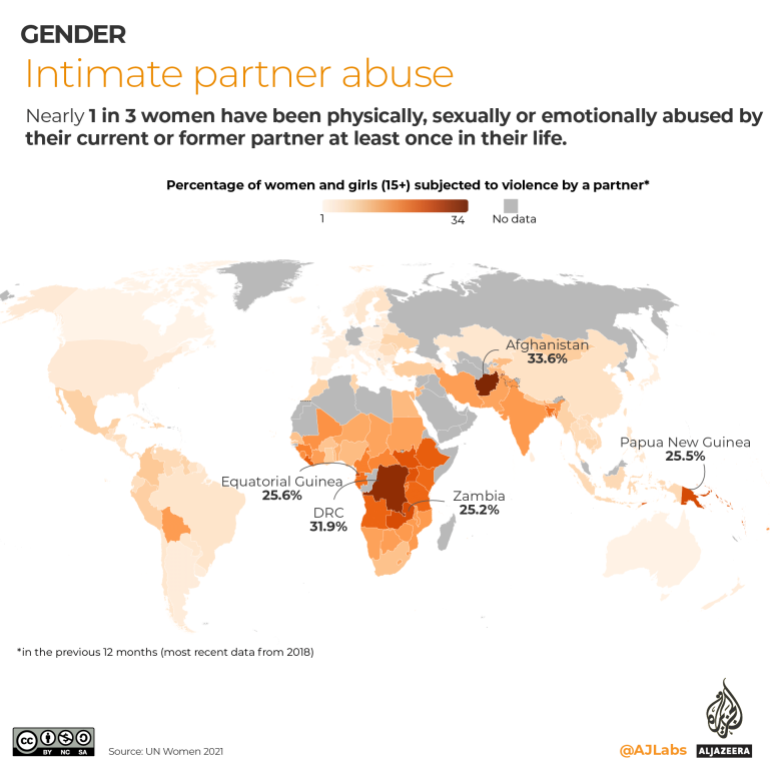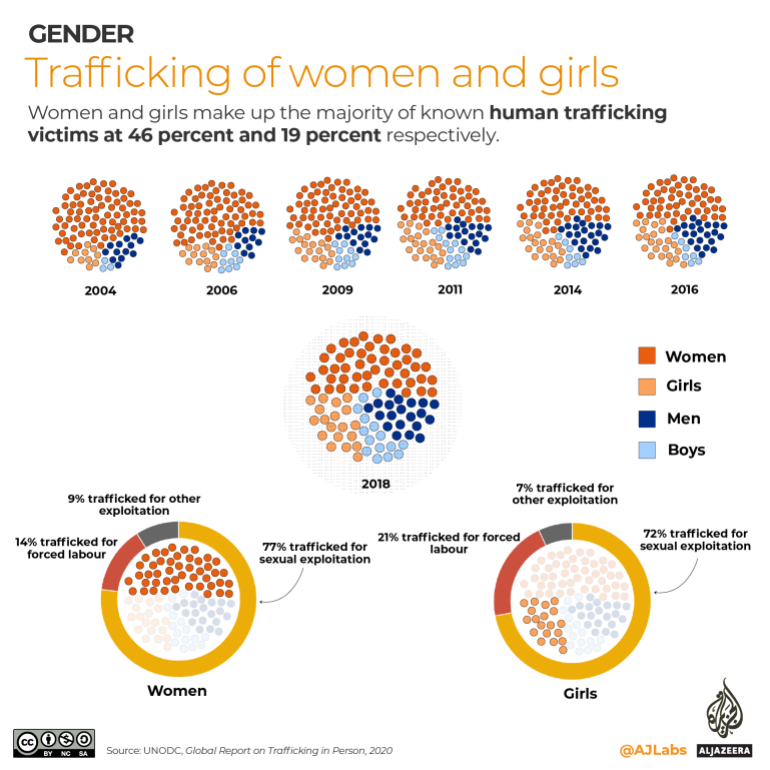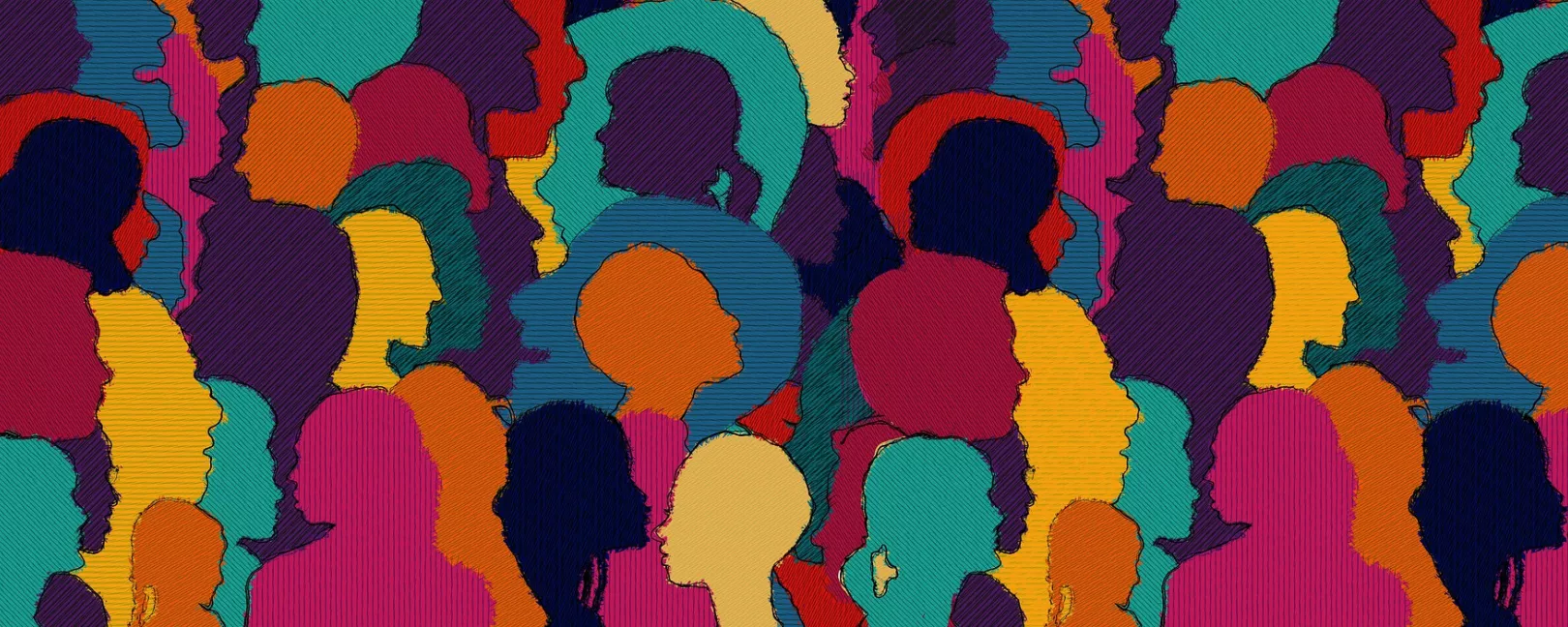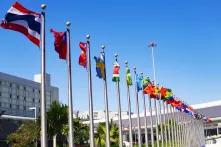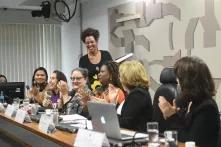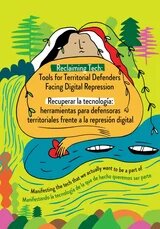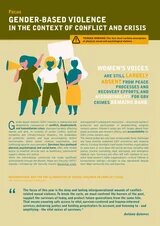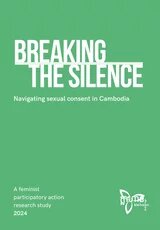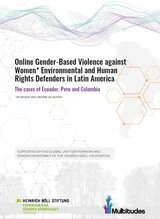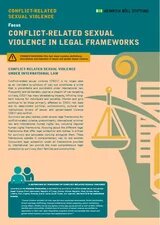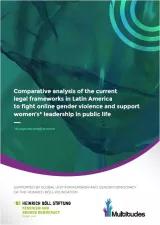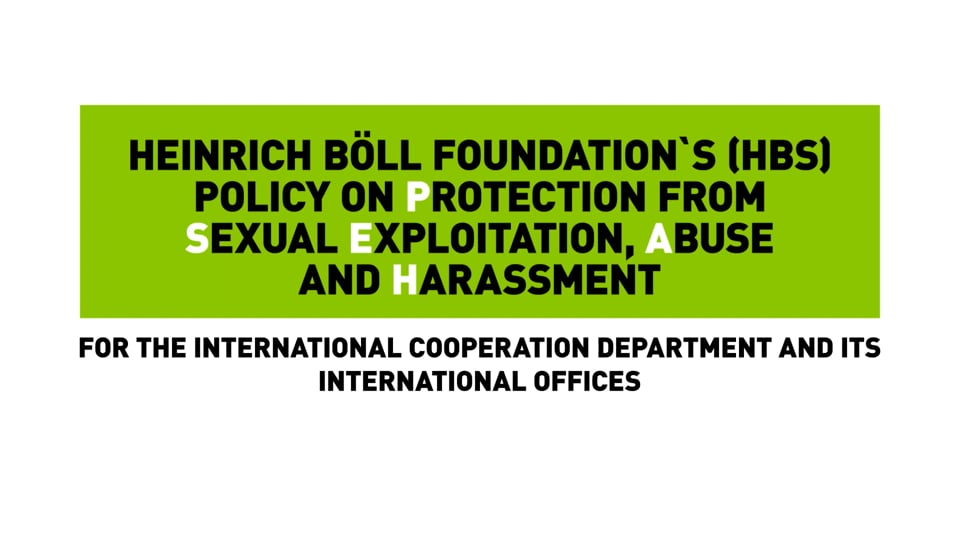Gender based violence
Gender based violence has many shapes: from physical or psychological abuse, deprivation of economic opportunities within the family to sexual harassment, exploitation or abuse at the workplace or in the online space. The consequences of gender based violence can range from emotional harm and suffering, social stigmatization and isolation, to life threatening injury and death. While GBV affects primarily women and girls, it is a serious human rights violation and can be destructive for families and communities at large.
Introduction
Gender-based violence is one of the most widespread human rights violations in the world. How can we recognize it, who suffers the most, and what can we do about it?
Publications
Gender Based Violence in Armed Conflicts
In armed conflicts, gender-based and sexual violence are very common and are often used as strategic weapons of war. It is estimated that 90% of war casualties are currently civilians, a majority of whom are women and children. 100 years ago, 90% of people who lost their lives in war were soldiers. Due to the social position, the unequal distribution of power and deeply rooted patriarchal structures, mostly women and girls suffer from the consequences of war, especially from sexual violence. However, boys, men and LGBTIQ* persons are also affected. Sexual violence in war takes many cruel forms: rape, sexual slavery, forced prostitution, sexual torture, mutilation, forced marriages, forced pregnancies, forced abortion and sterilization, etc. There have been important advances at the international, regional, and national levels. Sexual violence is categorized and addressed in legal systems - as war crimes, crimes against humanity, violation of human rights treaties... However, the scale is still appalling and survivors often do not find justice and support.
Gender Based Violence in the Workplace
Gender based violence in the workplace is widespread worldwide and can take on various forms. It is rooted in unequal power relations. More and more organizations are fighting against this and striving to create a safe working environment for their employees.
The Heinrich Böll Foundation (hbs) stands for full respect for human rights and social justice for all. Gender democracy and a zero-tolerance policy towards all forms of sexual exploitation, abuse and harassment are firmly anchored in the hbs at the normative, programmatic and organisational levels. We are committed to protecting all our core principles and see them as a shared responsibility and duty of all staff, partner organisations and individuals. Gender-based violence is the result of a culture of discrimination and privilege based on unequal power relations. As part of its commitment to promote gender democracy and to create and maintain a safe working environment for all, hbs has developed a protection policy based on the International Guidelines on Protection against Sexual Exploitation, Abuse and Harassment (PSEAH).
Gender-based violence in digital spaces
Digital technologies are an integral part of people’s lives, enabling us to connect, share and collaborate in online spaces. However, their emergence has also created new spaces to gender injustice and discrimination, whereby women and girls are often particularly targeted. Digital technologies can aggravate existing forms and enable new forms of gender-based violence. Different categories of online GBV include among others: trolling, stalking, disinformation, non-consensual pornography and the most recent form called deepfakes – fake photos generated through AI Technology-based tools. They all can result in silencing women and other vulnerable groups and have other harmful and far-reaching impacts on their online and offline lives.
Infographics
Child marriages
Before COVID 19, the UN estimated more than 100 million girls would be forced into marriages over the next decade. Today, it estimates that further 10 million girls would be forced to be married before their 18th birthday.
Femicide
Women are killed by male relatives or partners daily around the world. The UN says 137 women die this way every day.
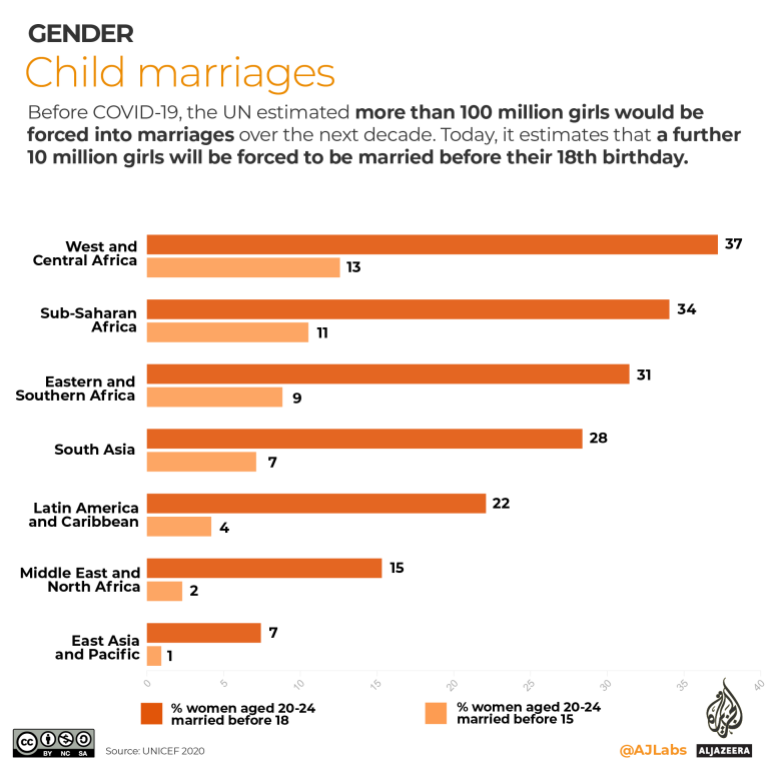
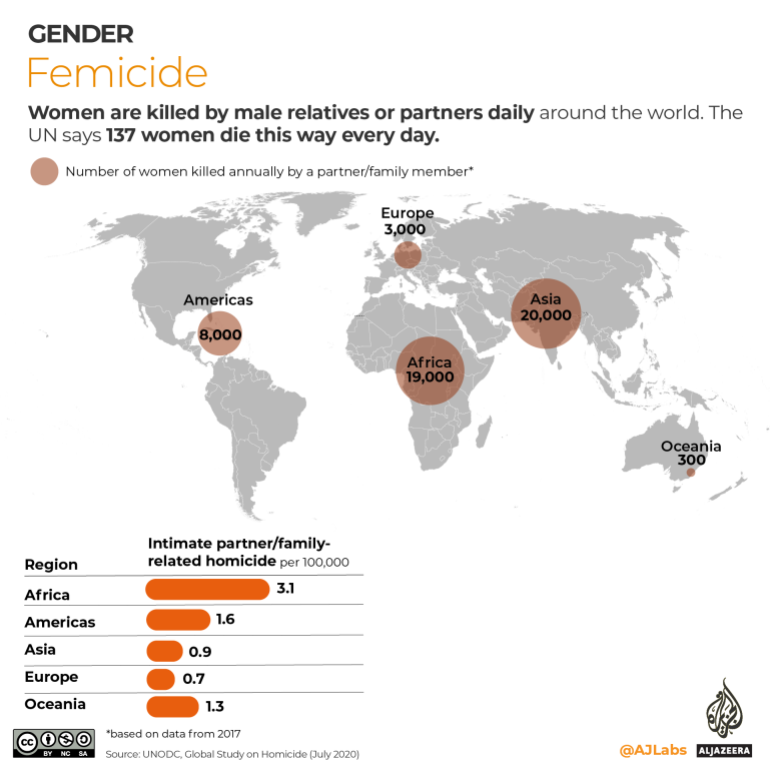
Intimate Partner Abuse
Nearly 1 in 3 women have been physically, sexually or emotionally abused by their current or former partner at least once in their life.
Traficking of Women and Girls
Women and girls make up the majority of known human trafficking victims at 46% and 19% respectively.
